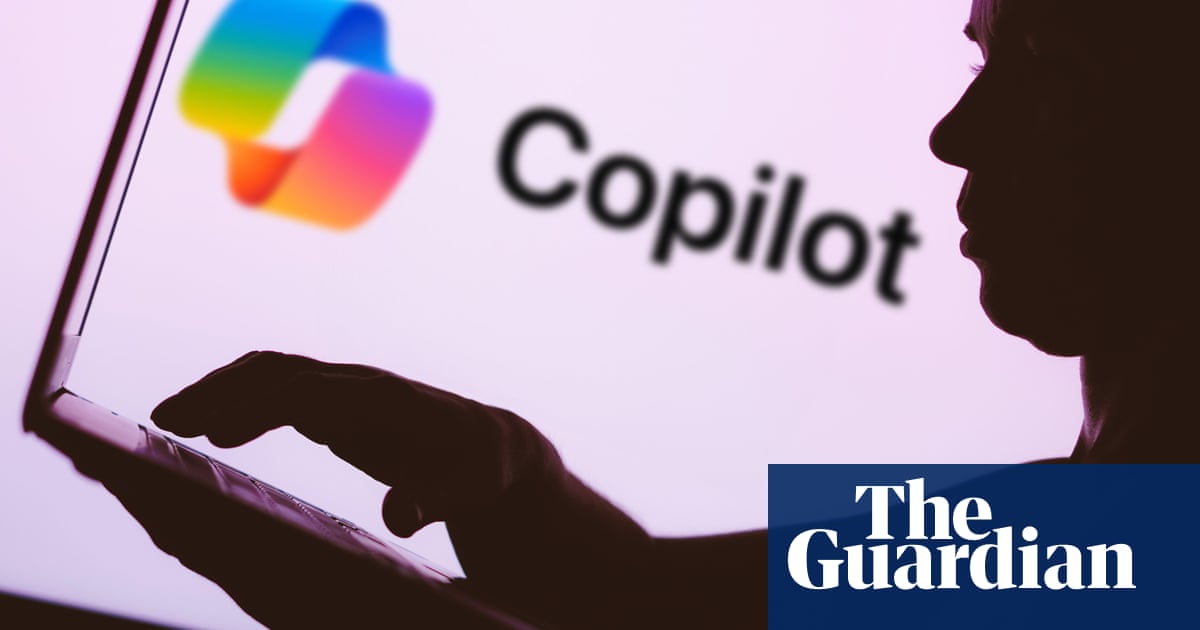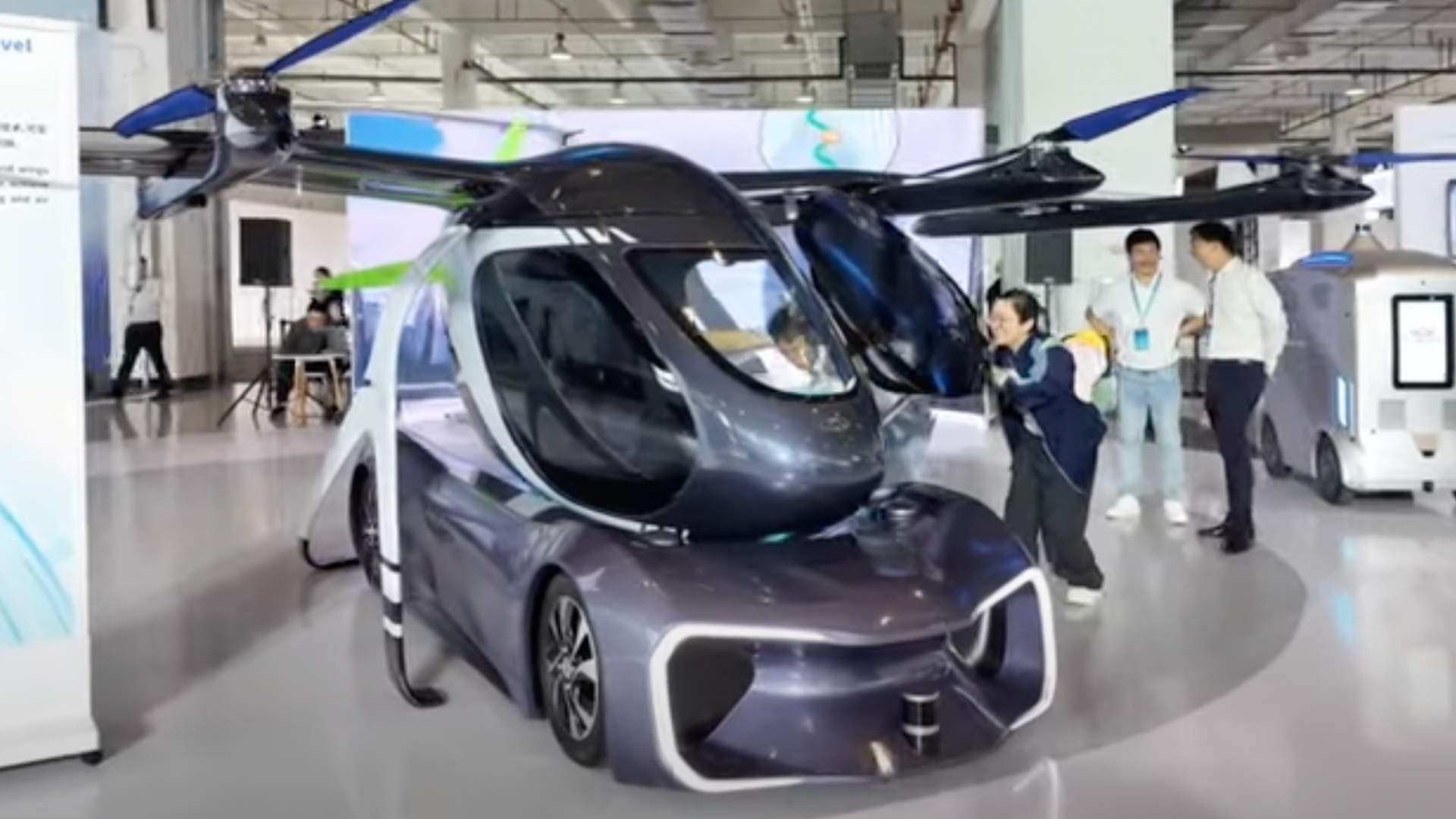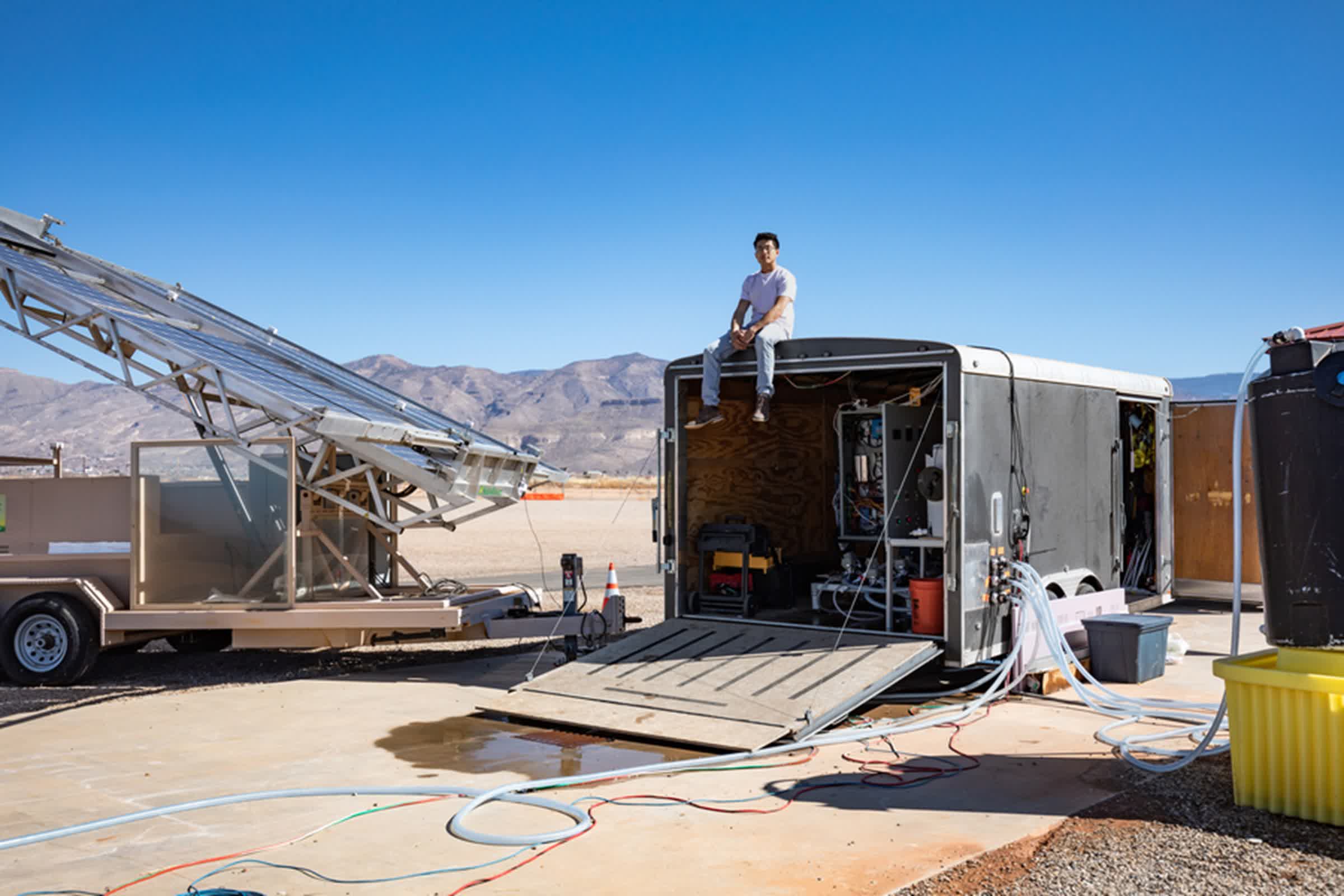- Vision Quest
- Posts
- This Week in Tech 43
This Week in Tech 43
Anthropic and Microsoft Highlight the Good and Bad of AI
Welcome to the cutting edge ⚔️
Read time: 5 min
Today’s Slate
Anthropic making AI safer
Microsoft highlighting AI risks
Snapdragon doubles down on mobile AI performance
Huge steps forward on flying cars
MIT takes desalinization to a new level
The. future. is. here.
Artificial Intelligence
At a glance
Anthropic has announced an update to its Responsible Scaling Policy (RSP), aimed at ensuring the safe development and deployment of powerful AI systems.
The updated policy introduces Capability Thresholds, benchmarks that trigger additional safeguards when AI models demonstrate risky capabilities, such as bioweapon creation or autonomous AI research.
Anthropic's new measures include an expanded role for the Responsible Scaling Officer (RSO), tasked with overseeing AI safety protocols and halting deployment if necessary safeguards aren't met.
The company hopes its policy will inspire industry-wide safety standards, creating a "race to the top" for responsible AI governance.
Our vision
Anthropic's policy update represents a proactive approach to mitigating AI risks, especially as models grow more advanced. By formalizing thresholds and safeguards, the company seeks to prevent AI misuse while promoting industry-wide transparency and safety. This framework could serve as a model for future regulations, ensuring innovation is balanced with rigorous oversight.
At a glance
Microsoft is introducing autonomous AI agents capable of handling tasks such as client queries and sales lead identification, offering both custom-built and off-the-shelf bots for business use.
The new product, Copilot Studio, allows users to create AI agents without coding, and is being adopted by companies like McKinsey, Clifford Chance, and Pets at Home for tasks such as supply chain management and customer service.
Microsoft CEO Satya Nadella highlighted the potential of AI agents to improve productivity by automating mundane tasks, while also increasing efficiency and reducing waste.
Our vision
Microsoft's launch of Copilot Studio marks a major step in integrating AI into everyday business operations, aiming to revolutionize productivity by automating repetitive tasks. While challenges remain in perfecting these agents, the company's vision is that AI will eventually permeate all parts of an organization, much like the personal computer did decades ago. Microsoft's push to show tangible AI benefits could help tech companies justify large AI investments, though questions remain about the revenue potential of these agents. Be on the lookout for concerns that workers may be replaced by AI.
Transportation
At a glance
Chery unveiled its autonomous flying car prototype, "Land and Air Vehicle," without a steering wheel or accelerator, designed for both air and land commuting.
The vehicle has completed a successful 50-mile test flight and offers vertical takeoff and landing capabilities for urban traffic avoidance.
Chery introduced its Kunpeng battery brand, featuring three advanced battery series with fast charging and enhanced energy density for electric vehicles.
The company plans to integrate the Kunpeng batteries into its NEVs, targeting significant sales growth in the coming months.
Our vision
Chery's flying car prototype showcases its ambition to disrupt the automotive and urban mobility landscape by integrating air and land transportation. The company's innovative approach to both vehicles and battery technology, including the rollout of high-energy solid-state batteries, positions Chery as a global leader in the race for sustainable, futuristic transportation. As flying cars advance and solid-state batteries become operational, Chery is set to expand its NEV market share and continue pushing the boundaries of technological innovation.
Hardware
At a glance
Qualcomm unveiled its Snapdragon 8 Elite chip at the Snapdragon Summit, featuring Oryon-based CPU cores and enhanced Adreno 830 GPU for superior performance and power optimization.
The Snapdragon 8 Elite includes 45% faster AI support with its Hexagon NPU and up to 44% better power efficiency, aiming to outclass competitors like Apple's A18 Pro in multicore benchmarks.
The chip supports QHD+ at 240Hz, a 40% performance boost over last year’s chip, ray tracing enhancements, and is the first mobile chip to support Unreal Engine 5.3 Nanite.
Qualcomm continues its rivalry with Intel, asserting that its Snapdragon X Elite chip outperforms Intel’s Lunar Lake offerings, particularly in power efficiency and certain benchmarks.
Our vision
Qualcomm's Snapdragon 8 Elite represents its ambition to dominate the mobile chip market by pushing the boundaries of performance, AI integration, and power efficiency. Through advancements in CPU, GPU, and AI technology, Qualcomm seeks to position itself as the leader in mobile innovation while intensifying its competition with industry giants like Intel and Apple. The Snapdragon 8 Elite is set to empower future gaming, AI, and mobile experiences, reflecting Qualcomm’s broader strategy to shape the next generation of high-performance devices.
At a glance
The NSA recommends turning off and on your smartphone once a week to help thwart hackers, although this method isn't foolproof.
Common mobile threats include spearphishing, zero-click exploits, malicious apps, compromised Wi-Fi networks, and spyware.
Key protective measures include updating apps, using official app stores, avoiding public Wi-Fi and Bluetooth when not in use, and using strong passcodes or biometric security.
The NSA stresses the importance of balancing convenience and security when using mobile device features and provides a guide with practical tips for better mobile security.
Our vision
The NSA's mobile security guidance emphasizes proactive steps users can take to safeguard their devices against evolving threats. By following simple practices like regular updates, secure connections, and biometric authentication, individuals can significantly reduce the risk of hacking and data theft. As mobile devices continue to integrate convenience with complex features, users must be empowered with knowledge and tools to maintain robust security without sacrificing usability.
Climate
At a glance
Cement startup Furno will receive a $20 million grant from the Department of Energy to build up to eight micro-kilns at a Chicago concrete plant, reducing transportation costs and pollution.
The partnership with Ozinga, a concrete supplier, will reduce the climate impact of cement production by utilizing biogas and recycled materials.
Furno’s innovative kiln design improves efficiency, reducing fossil fuel pollution by at least 70% and potentially eliminating it with hydrogen.
The project, dubbed "Project Oz," will create 50 construction jobs and 30 permanent jobs, aiding workers displaced by coal plant closures.
Our vision
Furno’s is attempting to revolutionize the cement industry by localizing production through innovative, energy-efficient micro-kilns that drastically cut pollution and transportation costs. By partnering with Ozinga and utilizing renewable energy sources like biogas and hydrogen, Furno is positioned reduce the environmental impact of cement production, a significant contributor to global carbon emissions. The company is committed to sustainable growth, job creation, and reshaping the future of construction materials while minimizing the industry’s significant carbon footprint.
At a glance
MIT engineers developed a solar-powered desalination system that operates without batteries, using solar energy to desalinate water efficiently.
The system adjusts to sunlight conditions, converting over 94% of solar energy into power and producing up to 5,000 liters of clean water daily.
The technology uses electrodialysis, removing salt from water with a dynamic control strategy to maximize efficiency.
The prototype successfully operated in New Mexico, supplying water to a community of 3,000 people, and is designed for inland areas with brackish groundwater.
Our vision
MIT's engineers are attempting to provide sustainable, low-cost drinking water to communities lacking reliable access to power and clean water. By eliminating the need for batteries, this solar-powered desalination system ensures efficient and scalable water production, particularly for inland and low-income regions. As climate change increases groundwater salinity, MIT aims to revolutionize water treatment, offering a solution that could transform water access worldwide. The team plans to scale up the technology and launch a company to deploy these systems in areas that need them most. This could open up areas previously too difficult to live in due to limited access to fresh water.
How did you like this week's edition? |
Looking for your next job? Express can help.
Express Employment Professionals has put more than 10 million people to work in the last 40 years. Express has a wide variety of jobs available, in all industries. With flexible schedules, competitive pay, and access to a variety of benefits, what are you waiting for? Let ExpressPros help you land your next great job today. And the best part? They don’t charge any fees to help you find one.








